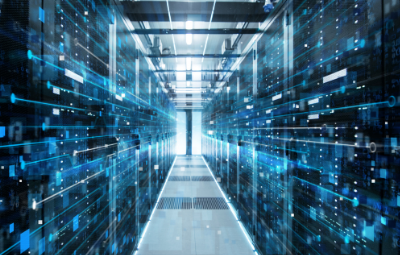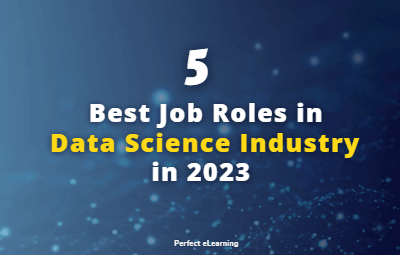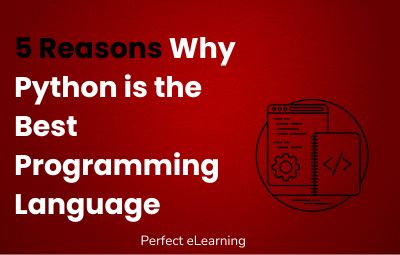

From SIRI to self-driving cars, artificial intelligence (AI) is rapidly evolving. While humanoid robots are commonly represented in science fiction, artificial intelligence (AI) can relate to anything from Google's search algorithms to IBM's Watson to autonomous weapons.
Artificial intelligence is now referred to as limited AI (or weak AI) because it is designed to do a certain task (e.g., only facial recognition or only internet searches or only driving a car). However, many researchers' long-term goal is to build generic AI (AGI or strong AI). While narrow AI may surpass humans in a specialized task, such as chess or problem solving, AGI would outperform humans in nearly every cognitive domain.
In this day and age of ever-increasing technology, we are constantly in contact with new technologies. One of the computer science technologies is artificial intelligence (AI), which is the most exciting and broadly accepted branch of computer science with a significant future reach. AI may be inclined to have a machine work as if it were a person. In layman's terms, artificial intelligence occurs when machines think, learn, and make decisions in the same way as people do.
We are all highly interested in the future. We're all curious about how the globe will look in 50 years.
How will people work, how will we go from one location to another, what gadgets will we have, and what will be left only in our memories? These are just a few of the many questions that come to mind as we consider the future.
Some of the solutions to these issues can be traced back to the development of AI. So, let us consider the significance of Artificial Intelligence.
Elimination of "Human error": Errors are decreased since humans make mistakes from time to time; however, computers cannot make mistakes if correctly programmed.
More and deeper data analysis: Using AI-guided data analysis tools, we can automatically analyze, clean, and visualize data. AI-analyzed data can be useful, precise, and concrete.
Adds up intelligence: Artificial intelligence enhances the intelligence of existing items. Instead of automating manually, it executes high-volume, computerized processes, reducing the possibility of errors.
Far-fetched accuracy: AI achieves precision through the use of deep neural networks. AI machines can harness enormous volumes of data and utilize their learned intelligence to make optimal judgments and discoveries in fractions of the time that people would take.
Equilibrium and scalability: AI identifies structure and regularities in data so that computers may learn, and this automation lowers costs while enhancing consistency, speed, and scalability in corporate processes.
Artificial intelligence is altering the world: Artificial intelligence can analyze a significant amount of data in a short period of time – more data than any human or computer program has ever processed.
The future of artificial intelligence in healthcare: AI is a step toward standardizing healthcare for the benefit of patients and healthcare professionals, while also making it less expensive and more accurate through AI-powered care. This knowledge will undoubtedly be a game-changer in terms of providing better medical treatment to patients. We can expect a very different future for healthcare as robots interact with patients, check on their health, and determine whether or not they need to see a doctor.
Transportation and manufacturing industries: We may see the emergence of self-driving and smart automobiles in the future years. Self-driving cars are currently accessible, but the globe will see more people utilizing them in the next two to three decades. While in the manufacturing sector, increased use of robots in factories and the analytics industry will improve product quality and standardize logistics and supply chain.
As a result, it has been established that artificial intelligence is computer knowledge with human characteristics; nonetheless, these computers and robots assist the environment to expand, and they reply intelligently to benefit humans.
"There isn't a single thing that characterizes AI." It's more like a tapestry of modern intelligence technologies woven together in a strategic way that can then uplift and generate an automated knowledge base from which you may extrapolate discoveries."
Hypergiant's Founder and Chief Strategy Officer, John Frémont
Perfect eLearning offers basic & advanced coding tutorials for people who want to learn how to code.
Topics:
1. Introducing the best basic coding courses online.
2. The benefits of taking coding courses online.
3. The top three coding courses online that you should check out.
4. How to get started with coding courses online.
5. The best way to learn to code online.
6. The future of coding courses online.
7. Introducing the basics of coding
8. The benefits of learning to code
9. Types of coding tutorials available
10. How to get started with coding
If you're looking to learn to code, there are a variety of ways you can go about it. But, if you're looking for the easiest and most efficient way to learn, then these 5 steps are the way to go:
1. Choose the right language.
2. Use coding boot camps.
3. Use online coding communities.
4. Use online coding tutorials.
5. Use online coding examples.
For more details, you can talk to our experts.
Perfect eLearning
Learn & Grow!


